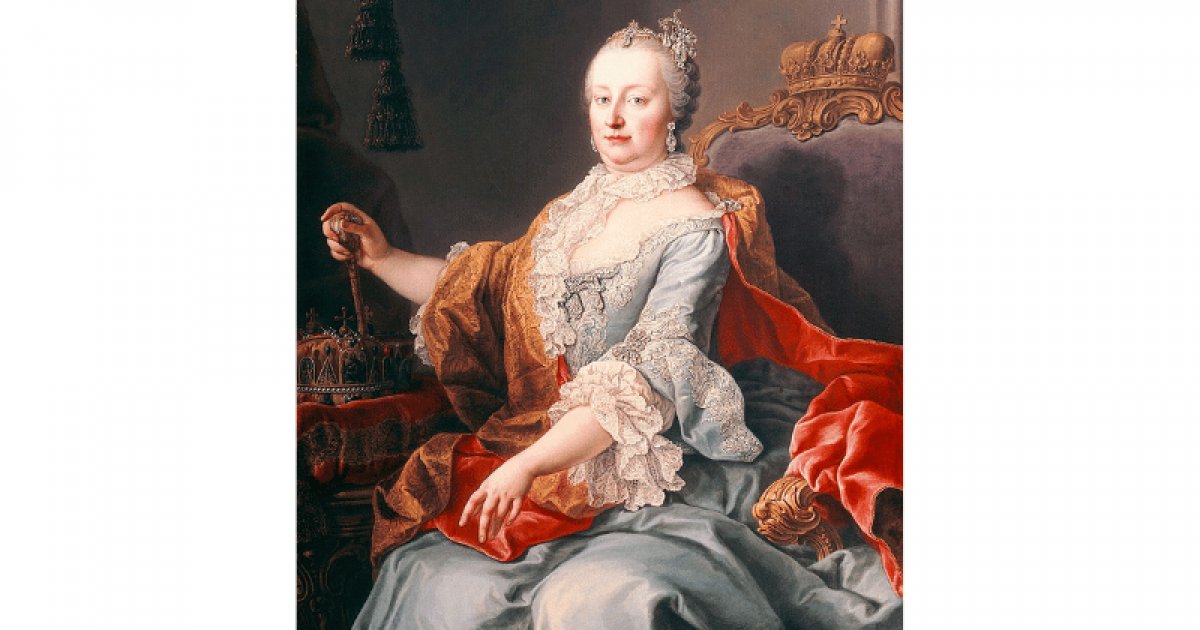Archduchess Sophie
 Language: English / USA
Language: English / USA
Archduchess Sophie of Austria (1805-1872) was an influential figure in the Habsburg court in the 19th century. Born Princess Sophie of Bavaria in Munich, she was the daughter of King Maximilian I Joseph of Bavaria and Princess Caroline of Baden. In 1824, she married Archduke Franz Karl of Austria, son of Emperor Francis I of Austria, thus becoming Archduchess of Austria.
Sophie is perhaps best known for her role as the mother of Emperor Franz Joseph I of Austria and for her political influence during her son's reign. She was a strong and determined figure with a keen political intelligence. When Emperor Ferdinand I, considered incapable of effectively governing, abdicated in 1848 during the revolutions that swept across Europe, it was Sophie who orchestrated the ascension to the throne of her eighteen-year-old son, Franz Joseph, thereby ensuring the continuity of the Habsburg dynasty.
Sophie had a complex and often difficult relationship with her daughter-in-law, Empress Elisabeth of Bavaria, better known as Sissi. Sophie was highly critical of Sissi and sought to exert significant control over her life and the education of her children, which caused tensions and conflicts within the imperial family.
In addition to Franz Joseph, Sophie had four other children, including Maximilian, who became Emperor of Mexico but was tragically executed in 1867.
Archduchess Sophie died in 1872 and was buried in the Imperial Crypt in Vienna. She is remembered as one of the most influential figures of the Habsburg imperial family in the 19th century, adept at skillfully maneuvering the intricate power dynamics of her time.


